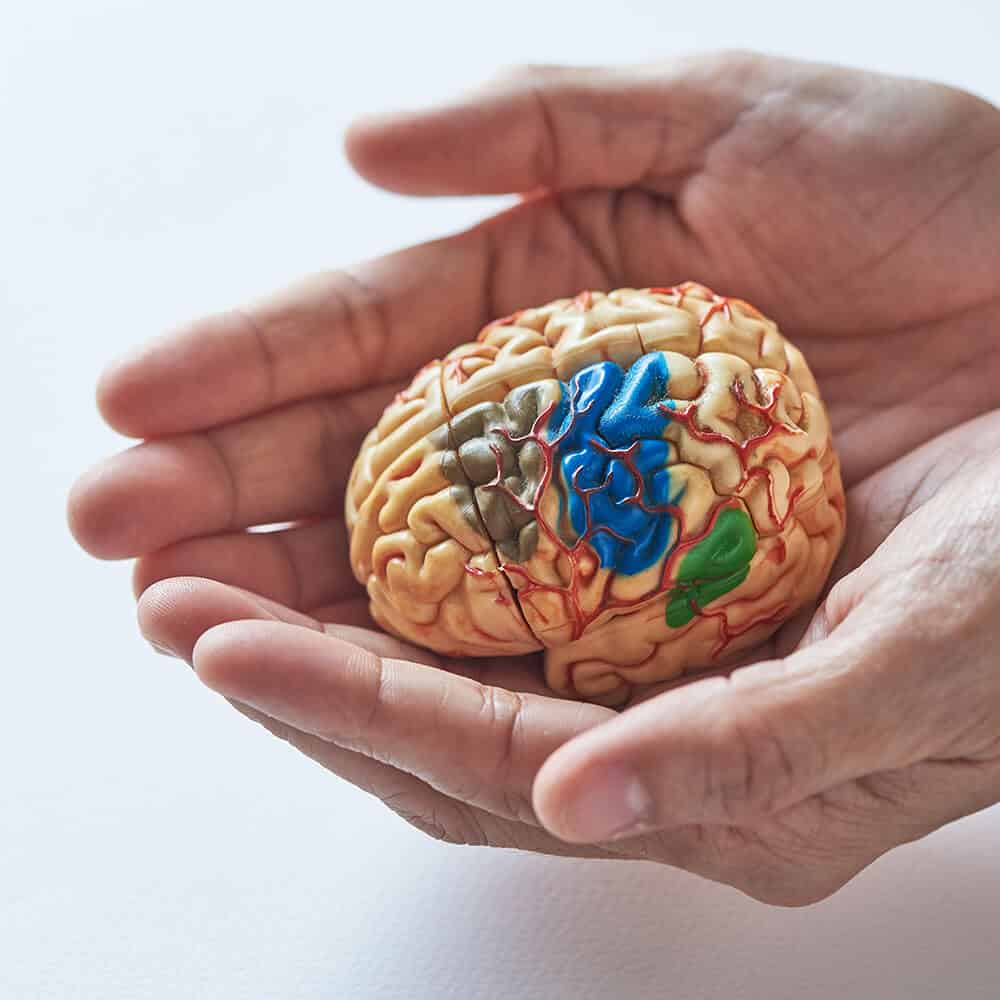Hearing Loss & Dementia
Nearly 40 million Americans have hearing loss, and that number is on the rise. Not only does hearing loss affect your relationships, job security, and physical health, it’s also been linked to rising rates of dementia, and your hearing health could be impacting your brain in profound ways.
Are Hearing Loss and Dementia Linked?
Along with other researchers at the Johns Hopkins University, Dr. Lin has been looking closely at the links between hearing loss and dementia. In a 2013 study, he discovered that those with hearing loss are far more likely to suffer from dementia! In fact, the people in the study with severe hearing loss were 24% more likely to experience cognitive decline, struggle to perform cognitive tasks, and have difficulty concentrating, remembering clearly, or planning effectively.
If you have hearing loss, your brain changes far more than you might realize, and you’ll experience reduced cognitive function which will worsen over time. Lin found that the more severe your hearing loss, the more likely you’ll be to develop dementia, and have an earlier onset of this degenerative brain disease. Even those with moderate hearing loss are three times more likely to have dementia!
Treat Your Hearing Loss to Protect Your Brain
If you’re worried that you might be at risk of developing dementia, one of the best things you can do for your brain health is to treat your hearing loss. A quality pair of hearing aids will help you pick up on all the sounds around you, and stay mentally active. You won’t struggle with social isolation, or feel left out of conversations. You’ll be able to easily focus on tasks, have the energy to connect with friends and loved ones, and keep your brain healthy by learning new skills and leading an active life. Treating hearing loss will reduce your chances of developing dementia, and you’ll enjoy greater health and overall wellbeing. Seek treatment for your hearing loss, and encourage your loved ones to do the same. This could be the key to reducing the rates of dementia and Alzheimer’s Disease among seniors.



